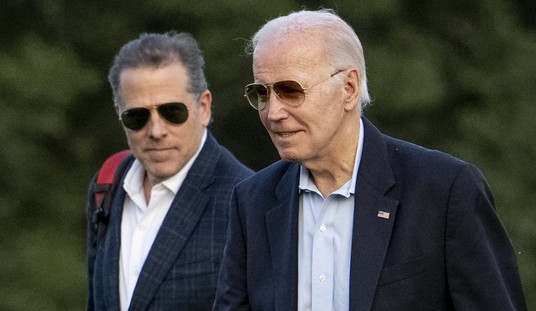WASHINGTON – A bipartisan group of senators on Wednesday introduced a package of legislation meant to address human trafficking, which has grown into a high-profile issue in the past decade.
Introduced by Sens. John Cornyn (R-Texas), Amy Klobuchar (D-Minn.), Chuck Grassley (R-Iowa) and Dianne Feinstein (D-Calif.), the Abolish Human Trafficking Act would renew the Department of Justice’s Domestic Trafficking Victims’ Fund, which supplied $5 million in human-trafficking-victim services in 2016. The fund is financed through fines levied on convicted human traffickers and sexual predators. The legislation also supports several other research, law enforcement and advocacy efforts.
“Human trafficking is modern-day slavery, and one of the most pressing human rights issues of our time,” Cornyn said in a statement. “We have a solemn responsibility to support victims of human trafficking as they recover and to help law enforcement bring justice to the criminals who exploit them.”
While the lawmakers in their joint statement touted progress made from human-trafficking legislation passed in 2015, an expert on Thursday said that there is no empirical evidence suggesting that efforts to curtail human trafficking have been successful. In fact, there’s little reliable data on the matter in general, given the clandestine nature of the crimes.
Depending on the source, statistics show that there are anywhere from 100,000 to 300,000 child victims throughout the United States, and many of the statistics are based on proxy data like phone calls to victim hotlines.
Klobuchar, in the joint statement, noted that over the past year, the U.S. has seen a dramatic increase in the number of survivors calling the National Trafficking Hotline for assistance.
Kimberly Mehlman-Orozco, a human-trafficking specialist who has interviewed more than 2,000 victims and has served as an expert witness in criminal cases, on Thursday pointed to what she says is a massive gap between law on the books and law in practice. As human trafficking has developed into a more prominent issue, she said that the field has attracted opportunists posing as experts and looking to secure grant funding through programs like the Domestic Trafficking Victims’ Fund. One major issue, she said, is the lack of evaluation or follow-up for any of these programs.
“I think before we continue passing more and different legislation, we need to fill those gaps, and we need to reconcile those differences, so that the laws that we currently have are being implemented in the way we expect them to,” Mehlman-Orozco said.
She suggested third-party evaluations for victims’ services to judge the efficacy of the programs that receive federal funding. She reeled off a list of questions that need to be answered: When a group claims it has helped victims, how is that defined? Were the victims off the streets for six months, a year? Were they able to obtain gainful employment? Were they able to be reunited with family? Were they able to get erroneous charges dropped?
Many states have implemented safe harbor laws, in which children under the age of 18 cannot be charged for working in the sex industry, as their consent is considered illegitimate given their age. Yet Mehlman-Orozco says there is documentation of state agencies arresting young individuals despite safe harbor laws and treating them like consenting sex workers.
Mehlman-Orozco said that there are various issues with many of the providers looking to stabilize victims. Many providers have expanded their expertise to include human trafficking, even though they don’t have proper training in trauma-informed care, she said. Sometimes these providers lump domestic violence victims, human trafficking victims and the homeless together in the same residential units, which Mehlman-Orozco opposes.
“Mixing those populations, I’ve heard anecdotally from some of the victims that I’ve worked with, it does not facilitate recovery, and it can create more stress, and it can make things a little more confusing because not everyone really understands the very unique needs of a human-trafficking victim,” she said.
Feinstein said that through recent meetings with law enforcement in Fresno, Calif., she found one consensus: That law enforcement need greater training and resources to increase awareness on the issue.
“Eliminating sex trafficking in America requires everybody – law enforcement, healthcare providers, social workers, foster parents, judges, teachers, neighbors and members of Congress to lock arms in common cause,” co-sponsor Sen. Ron Wyden (D-Ore.) said.








Join the conversation as a VIP Member